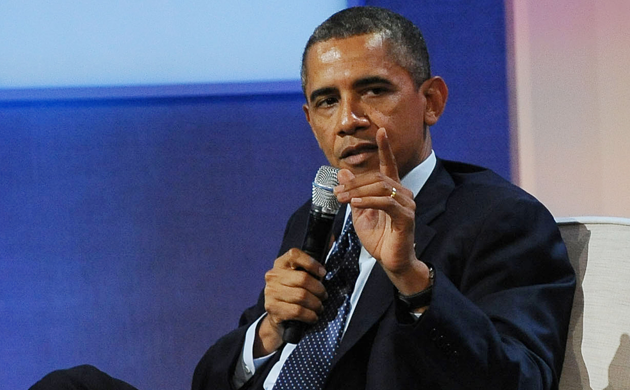With all eyes on congressional Republicans’ doomed effort to repeal Obamacare, it’s easy to forget that efforts to stymie the law’s key provisions are continuing apace at the state level. Specifically, 22 states have decided not to go along with the Affordable Care Act’s provisions for expanding Medicaid coverage to their poorest residents.
Medicaid expansion will kick in January 1. So far, its uneven rollout is disproportionately affecting minorities, a higher percentage of whom qualify for the federally funded coverage. As the authors of a recent report by the Kaiser Family Foundation explain, “People of color make up the majority of uninsured individuals with incomes below the Medicaid expansion limit in both states moving forward and not moving forward with the expansion at this time.” (The 2012 Supreme Court decision that spared Obamacare turned Medicaid expansion into a state-by-state decision.)
Under Obamacare, states may offer Medicaid coverage to anyone whose income is at or below 138 percent of the federal poverty line. (The poverty line is currently $11,490 for one person and $19,530 for a family of three.) By that benchmark, 25 million Americans without health insurance are now eligible for expanded Medicaid coverage. Of those, 59 percent are people of color.

However, nearly half of the people of color who might enroll in Medicaid live in states that currently are not expanding coverage.

While 47 percent of whites now eligible for the Medicaid expansion live in states that are not increasing coverage, 60 percent of eligible blacks and 53 percent of eligible Hispanics do.

In the states that do not offer the new Medicaid coverage, Kaiser predicts that “poor, uninsured adults will not gain a new coverage option and likely remain uninsured.”
This article has been updated.
















